Member Directory,
1847 - 1922
John W. Davis
Ambassador/Lawyer
Centurion, 1921–1955
Thomas Ewing and Robert M. Thompson
Clarksburg, West Virginia
Charleston, South Carolina
Age forty-eight
Locust Valley, New York
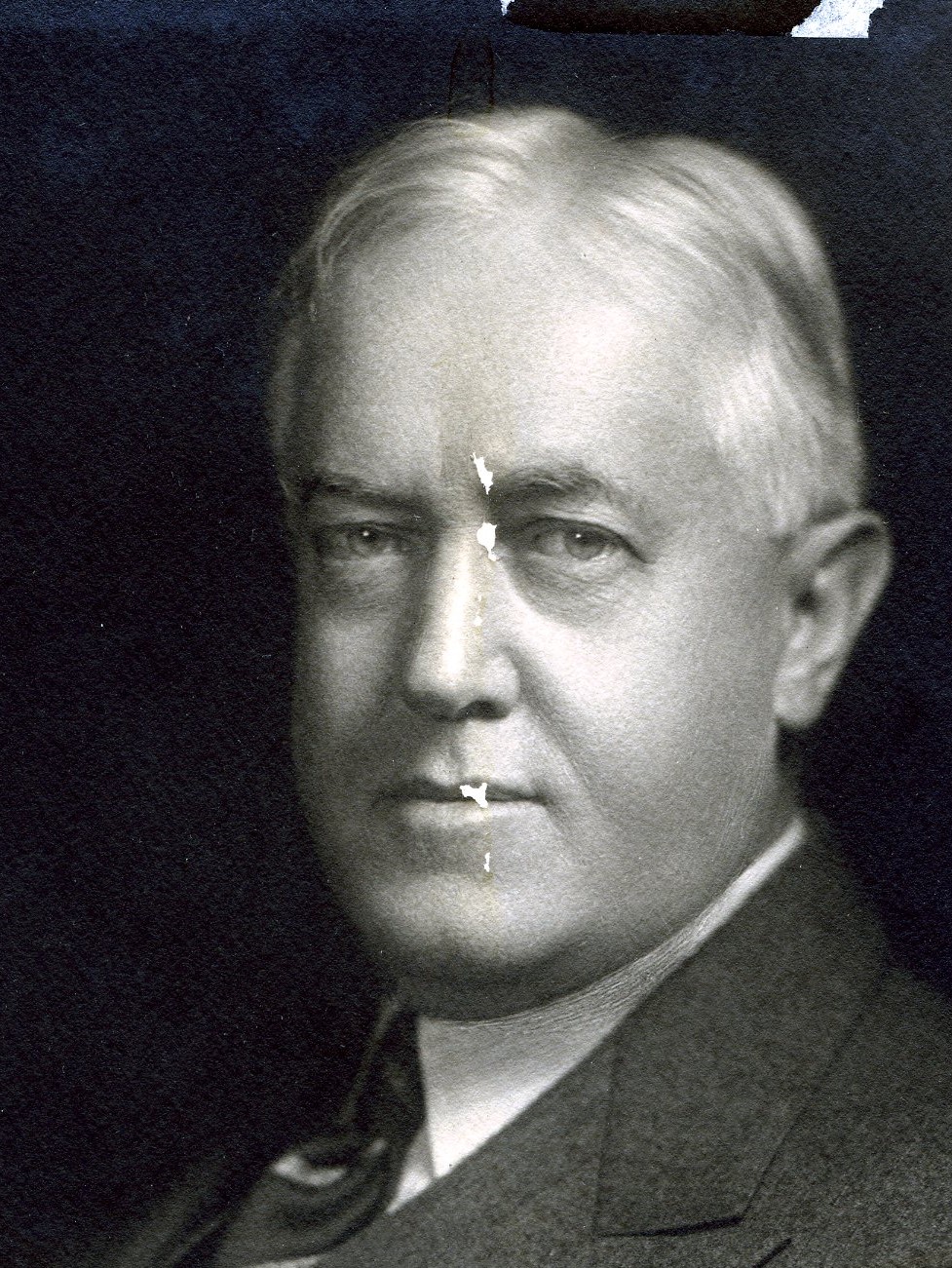
Archivist’s Notes
First vice president of the Century Association, 1953
Century Memorial
John W. Davis was born in Clarksburg, West Virginia. He went to school in Charlottesville, and graduated from Washington and Lee University in 1892 and from the Law School there in 1895.
His father was one of the leaders of the Clarksburg bar, and when John was admitted to practice, he came home and asked his father for a job. The old man slipped a sheet of paper in his typewriter and wrote: “Davis & Davis”—this was the only partnership agreement they ever had.
With his father, John rode circuit all through the eastern counties of West Virginia. Long after—when he was the first lawyer of the realm—he said: “Whatever professional success I have had is due primarily to the training I got in the rough and tumble of the Clarksburg bar. It was sometimes rough and, as I look back, I did a good deal of tumbling; but it was a healthy discipline.”
In 1913 President Wilson appointed him Solicitor General, and in the course of five years he argued for the government sixty-eight cases before the Supreme Court. The Justices considered him the best advocate who ever appeared before the Court. His method was simple and unvaried. He explained the issue, and then proceeded, unhurried, to present the facts. He did this as though he were telling a story, and the relevancy of the facts to the issue was clearly apparent to anybody. If his case had a weak spot, he mentioned it himself (without fail) and disposed of it as if it were an adventitious item of casual interest. When he came to the law, he developed one point, and only one—his strongest. Then he sat down.
All this he did without raising his voice or clenching his fist or giving any outward and visible sign of passion. The story seemed to flow out of him without hesitation—effortless, colloquial, educated, unadorned. The most complicated transactions became simple and comprehensible. The curious consequences of human error appeared inevitable and excusable.
The case Davis probably cared the most about, he lost: United States v. Macintosh. This involved a Baptist minister, born in Canada, who became a member of the faculty at Yale. Macintosh applied to the District Court in New Haven to be naturalized and thereupon was subjected to a catechism possibly appropriate for an initiation to a junior high school fraternity. In the course of the inquisition it developed that there might be circumstances in which Professor Macintosh would refuse to bear arms in time of war, and he refused to bind his conscience by taking an oath. So the Court denied naturalization.
Macintosh then appealed, and Davis was his lawyer. The Court of Appeals (L. Hand and Swan) unanimously reversed and ordered him admitted to citizenship. But it was 1930. Our country was filled with admirers of Mussolini who had “made the trains run on time” and generally improved Italy for tourists. The Government was in the hands of statesmen who were sure that everything was for the best in the best of all possible worlds. The Noble Experiment seethed and stank, and the Administration was accused of cowardice and inertia. So the Government appealed, and all the amateur fascists rejoiced that there was to be no truck with these liberals.
Davis argued the case in the Supreme Court. When he came to describe the conundrums solemnly propounded to the unfortunate Macintosh in the inquisition, he came to a stop, and it was evident that he was in trouble. He looked at the Chief Justice, and the latter smiled at him and moved his hand ever so slightly as if to say, “take your time.” He waited a long minute, recovered himself and then went on to the end.
The Supreme Court voted 5 to 4 against him. But Chief Justice Hughes wrote the dissent, in which Holmes, Brandeis, and Stone joined, and it rang through the country like a clarion.
In the Palais de Justice in Paris, by the entrance to the Salle des Pas Perdus, is a monument to Malesherbes. Davis stood in front of it and said to his companion: “This is one of the great advocates of all time. When Louis XVI was haled before the Revolutionary Tribunal in 1793, two prominent lawyers refused to represent him. Thereupon Malesherbes volunteered; he defended the King well and fearlessly, saying it would be unworthy of his high profession were he to falter. So they guillotined the King; and a little later they threw Malesherbes into a tumbrel and guillotined him, too.” He regarded the statue in silence; and after a pause, “Sir,” he said, “I salute you.”
When Davis was running for President, in 1924, it was delicately suggested to him that his chances would be better if he resigned from his law firm, which had the misfortune to be counsel for J. P. Morgan & Co. “Any lawyer,” he replied, “who surrenders his independence or shades his duty to his client by trimming his professional course to fit the gusts of popular opinion, in my judgment not only dishonors himself, but disparages and degrades the profession to which he should be proud to belong.”
To be in a great Wall Street law office is for the most part to be a clerk, a formulator of agreements, an organizer of order, a compiler of statistics. There are not many forensic lawyers, and the best of these are not found in Wall Street. Davis had to sit on boards of directors with men whose primary interest was making money. He never complained of this. It is the custom, and loyalty to his partners required it. To a philosopher inquiring how he was bearing up, he remarked with a grin: “Dr. Johnson says there are few ways that men are employed more innocently than in getting money.”
He was at the Club a great deal—especially after 1943, when his wife died. He used to come to lunch on Saturday, and sit at the East Table and talk and listen and laugh. He had a store of homely information about Presbyterians and gospel hymns and common law pleading, and he told stories about the Clarksburg circuit and of his adventures as Ambassador to Great Britain after the War, tales of Balfour and Lloyd George and the Prince of Wales. There was a detachment about him. He spoke without rancor or partisanship—in just the same objective way he related the facts to a court. But let some matter of civil rights be involved and he was anything but relaxed or indifferent. One of the last things he did was to come with all his might to the defense of Oppenheimer, before the tribunal which condemned him, in a gallant fight to save the services of the great physicist for the nation.
This man was born in Stonewall Jackson’s state. He went to school in Thomas Jefferson’s city. When he saw what was right, he put his hand to it, and neither the blandishments of the powerful nor the howling of the mob could stay the swift fulfillment of his appointed task.
Sir, we all salute you!
George W. Martin
1956 Century Association Yearbook
Related Members
Member Directory Home-
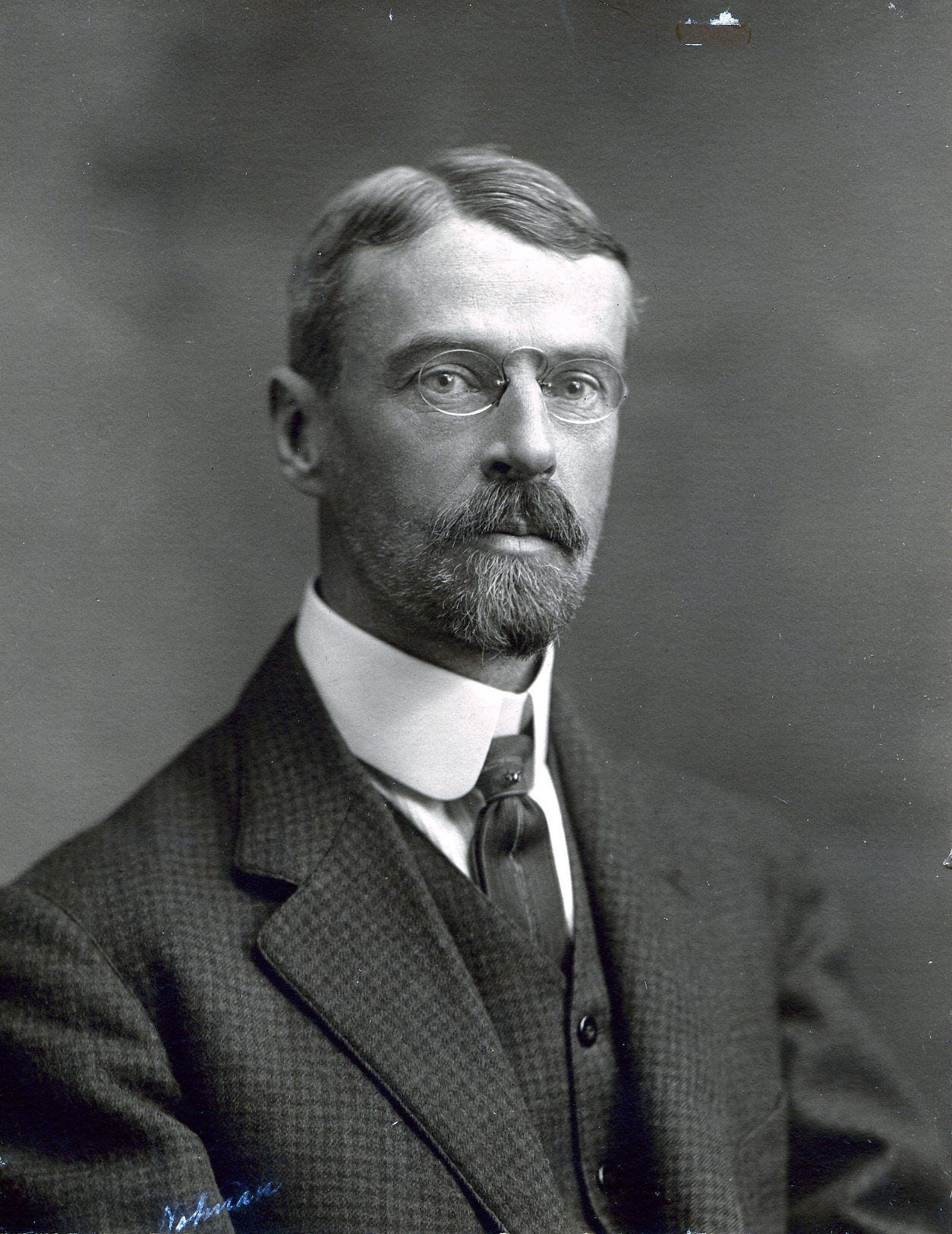 Horace A. DavisLegal Adviser of an Advertising CorporationCenturion, 1920–1957
Horace A. DavisLegal Adviser of an Advertising CorporationCenturion, 1920–1957 -
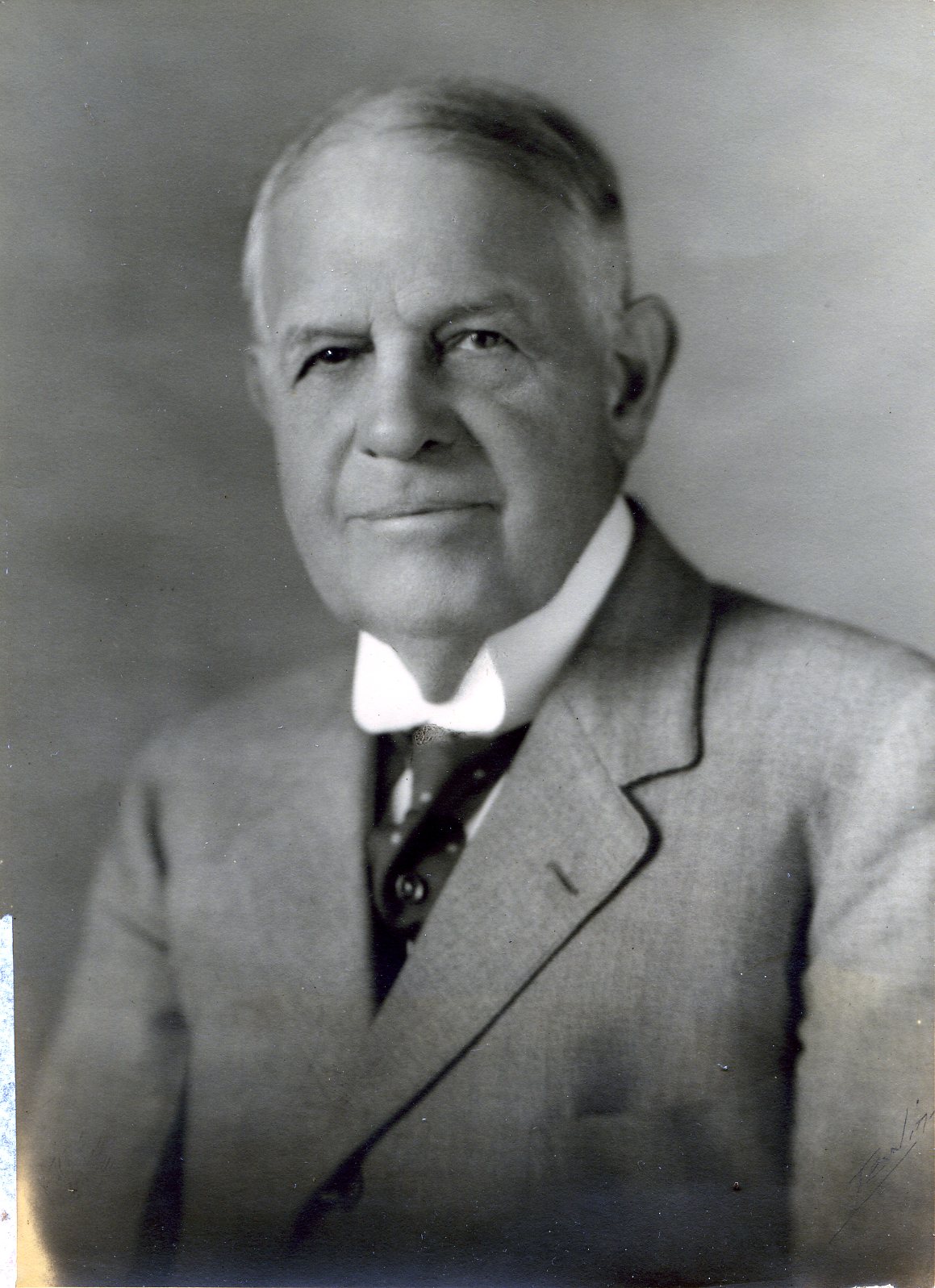 Thomas EwingLawyerCenturion, 1919–1942
Thomas EwingLawyerCenturion, 1919–1942 -
 Learned HandLawyer/JuristCenturion, 1908–1961
Learned HandLawyer/JuristCenturion, 1908–1961 -
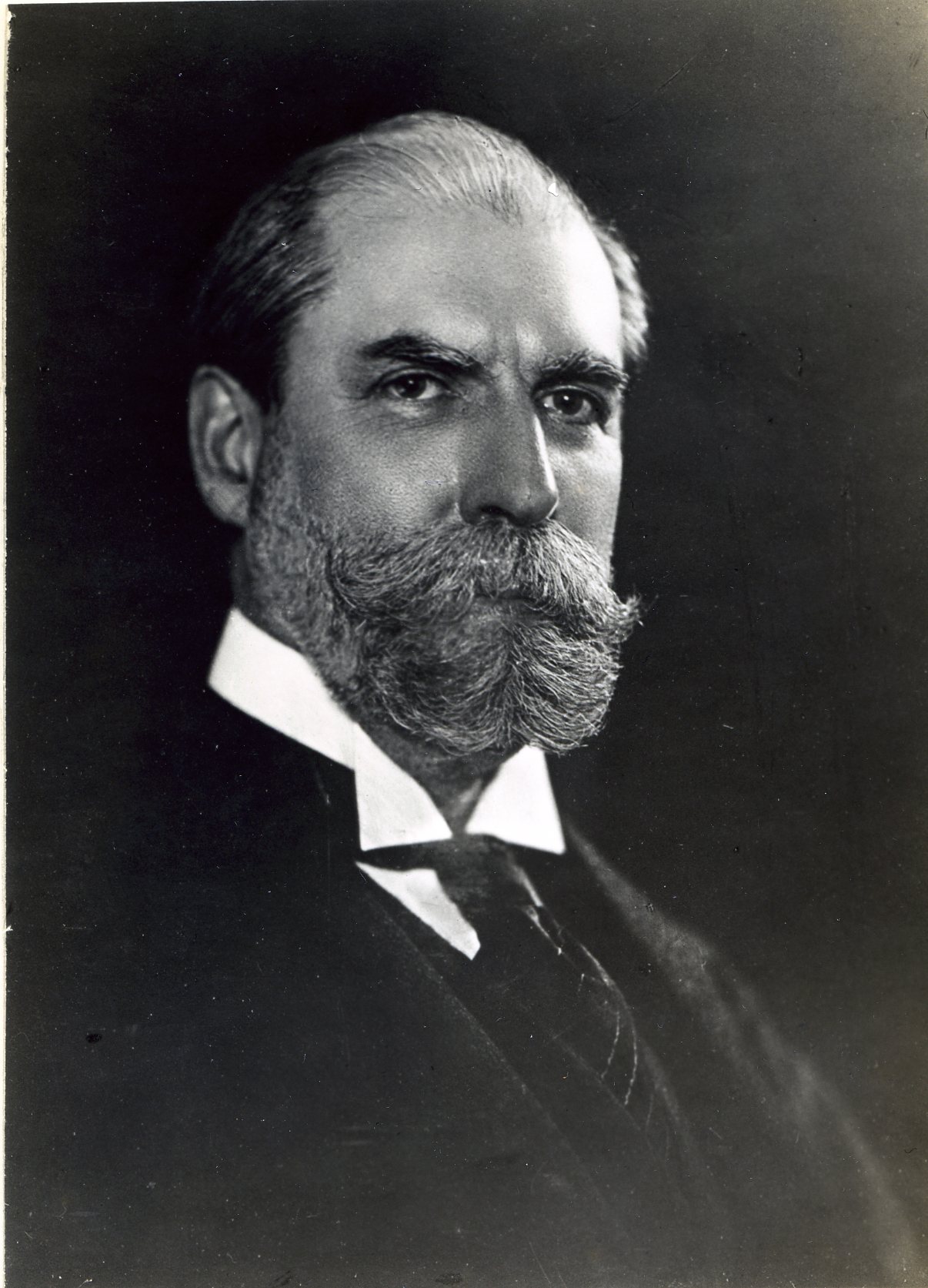 Charles Evans HughesLawyer/Governor of New York/U.S. Secretary of State/Chief Justice of the United StatesCenturion, 1919–1948
Charles Evans HughesLawyer/Governor of New York/U.S. Secretary of State/Chief Justice of the United StatesCenturion, 1919–1948 -
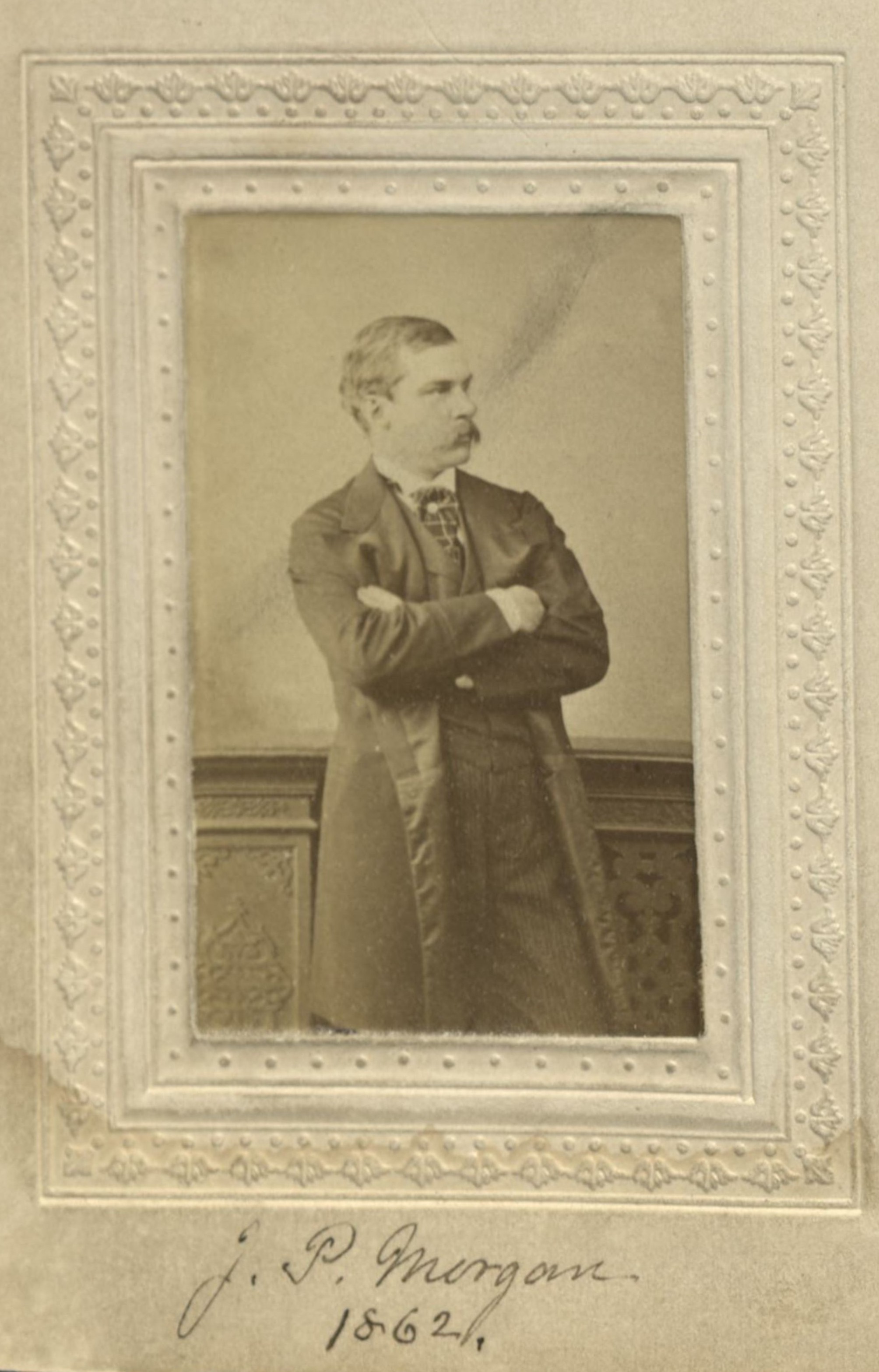 J. Pierpont MorganFinancier/Philanthropist/CollectorCenturion, 1862–1913
J. Pierpont MorganFinancier/Philanthropist/CollectorCenturion, 1862–1913 -
 Harlan F. StoneDean of Law School/Chief Justice of the United StatesCenturion, 1912–1946
Harlan F. StoneDean of Law School/Chief Justice of the United StatesCenturion, 1912–1946 -
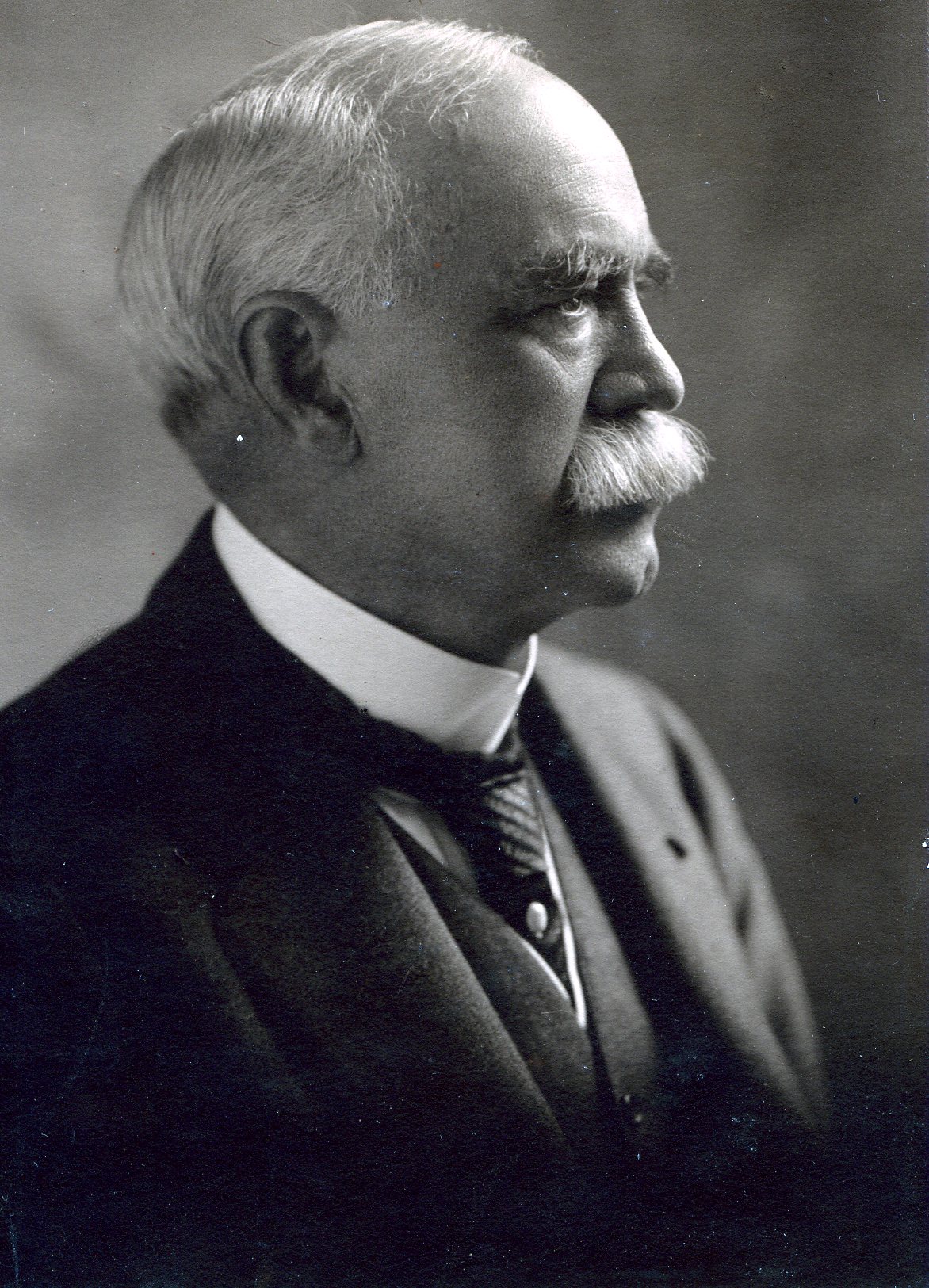 Robert M. ThompsonMerchantCenturion, 1891–1930
Robert M. ThompsonMerchantCenturion, 1891–1930 -
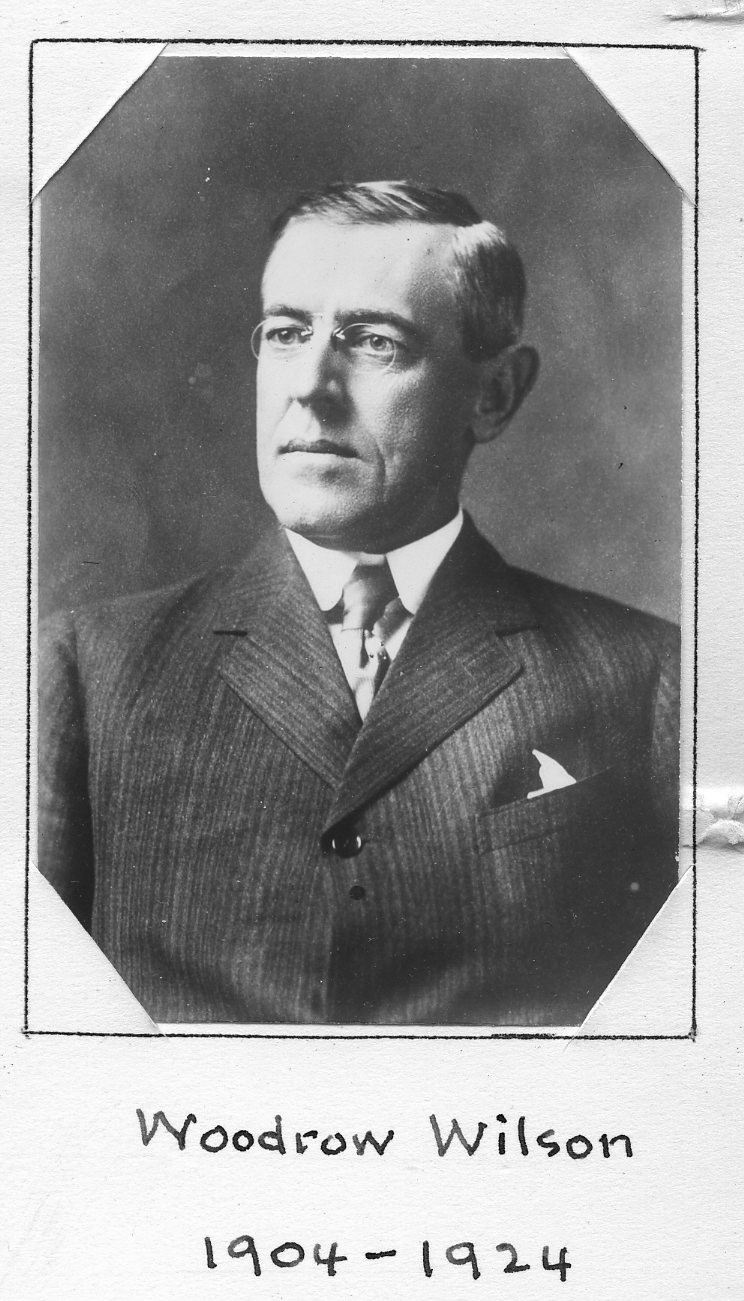 Woodrow WilsonPresident, Princeton University/Governor of New Jersey/U.S. PresidentCenturion, 1904–1924
Woodrow WilsonPresident, Princeton University/Governor of New Jersey/U.S. PresidentCenturion, 1904–1924






